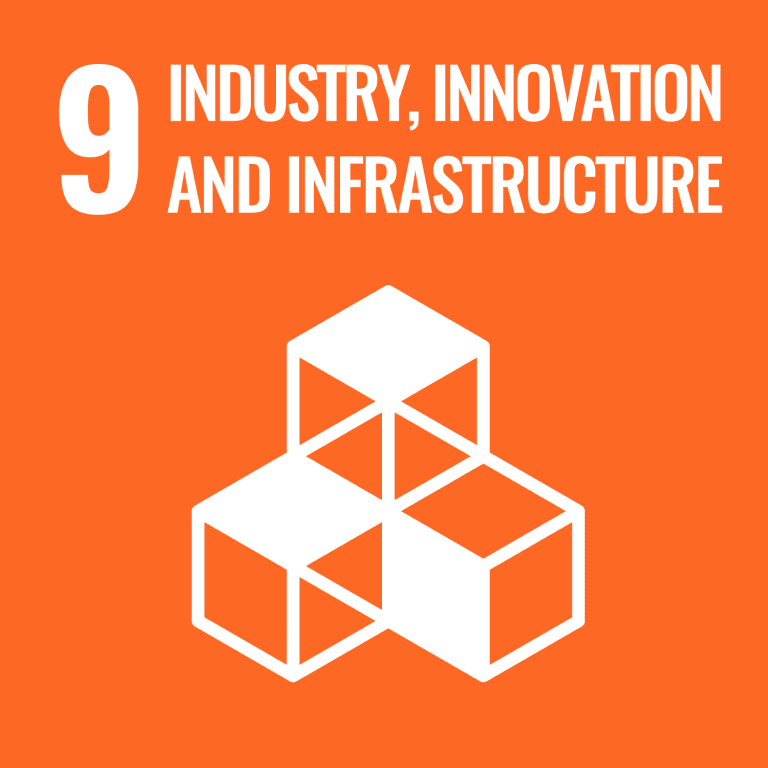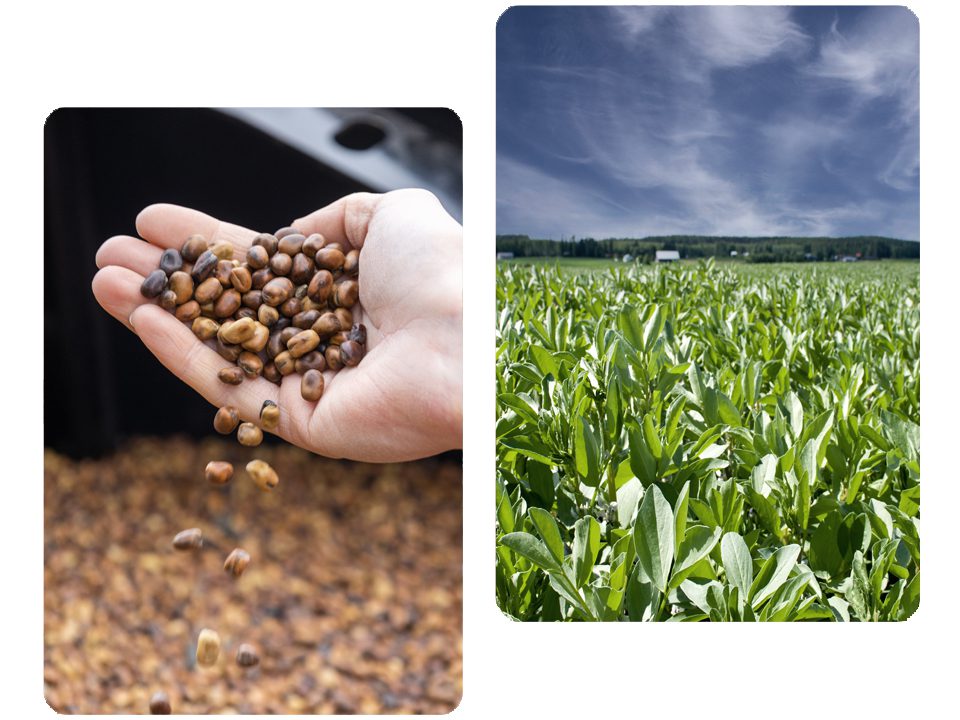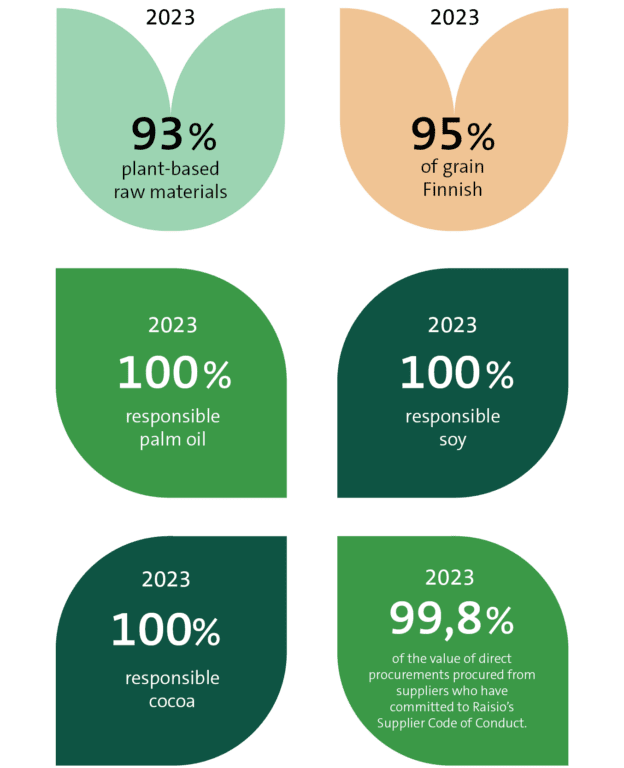Key objectives for 2022–2025
- We continue to develop the responsibility of our entire supply chain by assessing the human rights impacts of the supply chain and minimising the risks.
- We minimise the negative environmental and climate impacts of our raw materials.
- We nurture and promote biodiversity in cooperation with our suppliers and stakeholders.

We are part of the food chain
For us, it is essential to commit our supply chain to the Raisio Supplier Code of Conduct and to ensure the procurement responsibility. Our own operations cover only a small part of the value chain, so operational responsibility risks are particularly related to the supply chain.
By the end of 2023, 99.8% of the value of all direct procurements was procured from suppliers who have committed in writing to Raisio Supplier Code of Conduct or whose own ethical principles have been approved by us.
Raisio Supplier Code of Conduct


Responsible food is created from sustainably produced ingredients
The vast majority, 93 per cent, of the raw materials used in our products are plant-based. Grains − such as oat, wheat and rye − account for 86 per cent of our raw materials. 95% of the grain we use in our food production is Finnish.
Finnish grain farms are traditionally family farms that use very little outside labour, so the human rights risks for our main raw materials are low.
The only grain we buy from abroad is durum wheat, which is used to make pasta and is not grown in Finland at all. The percentage of Finnish grains in our grain mix has fallen slightly, as the share of durum has increased.
Based on our risk assessments, soy, palm oil and cocoa are high-risk raw materials. In their production, risks related to issues such as workers’ rights and environmental responsibility have been identified as higher than with other raw materials we use. We minimise this risk by procuring responsibility-certified soy, palm oil and cocoa. However, these three raw materials account for a relatively small proportion of the total raw materials we use: soy accounts for 0.5% of our total raw materials, palm oil for 0.2% and cocoa and chocolate for 0.1%.
We aim to reduce the number of products containing palm oil
In 2019, we began to modify the recipes for Elovena® snack biscuits to allow the use of palm oil to be eliminated.
As a result, the margarine containing palm oil is now replaced by rapeseed oil in all standard Elovena® snack biscuits. Rapeseed oil is healthier because of the quality of fat, and it is also a more responsible alternative.
In Raisio’s products, palm oil is mainly used in spreads. As for spreads, no alternative to palm oil has been found with similar quality characteristics − so our work continues.
The supply chain of
our grain is short
We procure grains directly from contract farms in southwest Finland and Pirkanmaa, and the grain is delivered to our production directly from the farmers’ grain warehouses without interim storage. For our key raw materials, the transport distance is less than 100 kilometres.
Farmers are important partners for us, and we aim to further develop our cooperation. One of the future measures we plan to take is to encourage our contract farmers to adopt farming practices that will increase yield security. Our farmers see that further improvement is necessary in the growing conditions of fields and, thereby, carbon sequestration.
Sustainability through diversified farming
The project ‘Kestävyyttä monimuotoisella viljelyllä – uusi suunta suomalaiselle peltokasvituotannolle’ aims to improve the sustainability of Finnish field crop production through diversified farming. Coordinated by the Natural Resources Institute Finland (Luke), the project started in summer 2023 and will continue until 2029. The project includes several themes, but the most significant part is the implementation of five-year crop rotation trials. Diversified crop rotation improves crop growth, yield and disease resistance, among other things. Having a variety of plants in rotation also improves soil structure, diversifies the microbiota and enhances the soil’s crumb structure, which in turn contributes to the field’s water management and the plants’ nutrient uptake. Diversified crop rotation also contributes to the diversity of agricultural land.
This study is needed because weather conditions have changed and the longer growing season also allows new crops to be grown in Finnish conditions. We need information on which crops best support the above aspects in crop rotations and which crops are best suited to rotation. Raisio is involved in the project together with Viking Malt, Anora, Olvi, Sinebrychoff, the Central Union of Agricultural Producers and Forest Owners (MTK) and the Central Union of Swedish-speaking Farmers and Forest Owners in Finland (SLC).
